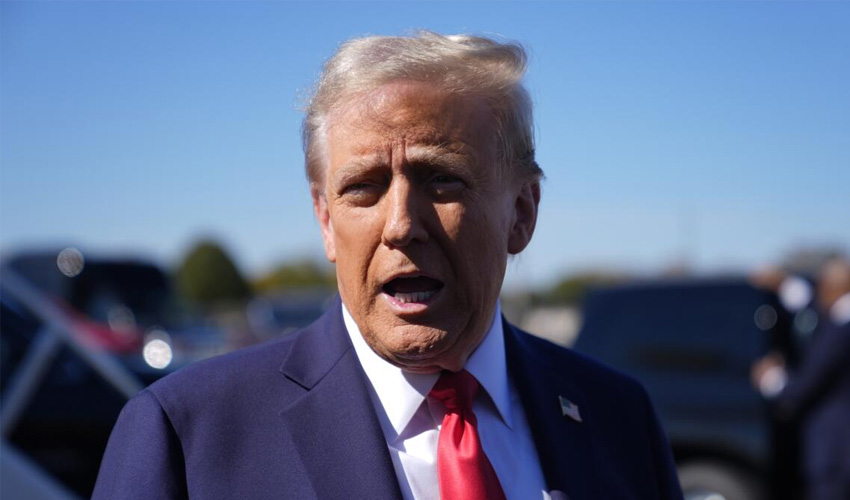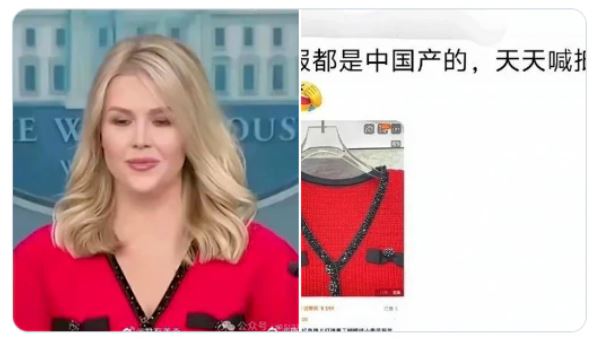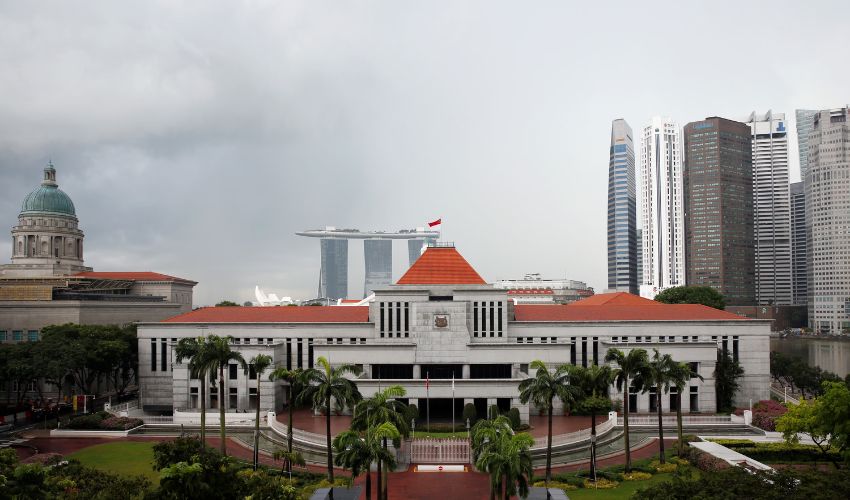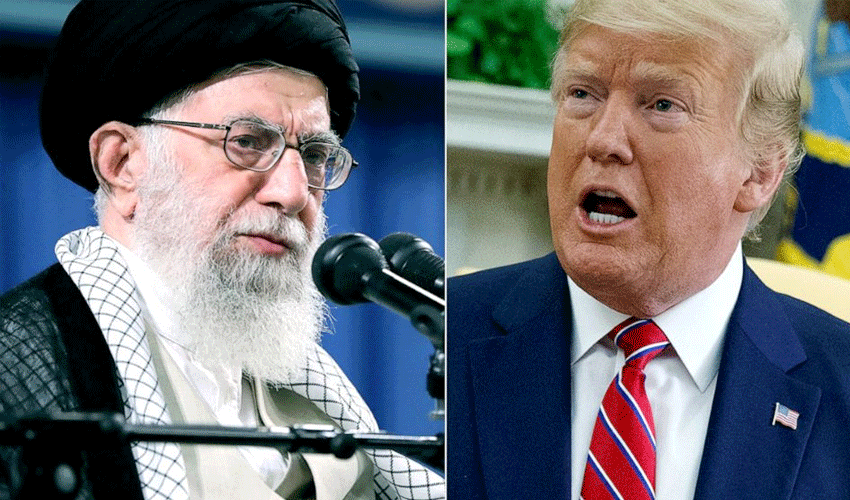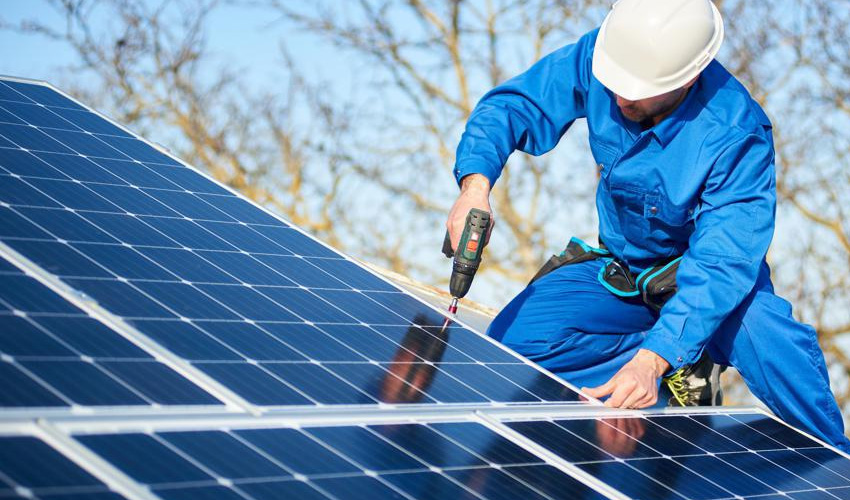US President-elect Donald Trump has sparked controversy with remarks suggesting he would not rule out military or economic action to assert U.S. control over the Panama Canal and acquire Greenland.
In a press conference on Tuesday, Trump was asked whether he could assure the world that the U.S. would not use coercion in its attempts to reclaim these territories. His response was strikingly ambiguous: "No, I can't assure you on either of those two. But I can say this, we need them for economic security," Trump said.
Trump's comments reflect a broader expansionist agenda just two weeks before his inauguration on January 20. In his statements, he reiterated his interest in integrating Canada into the United States, citing dissatisfaction with U.S. expenditures on Canadian goods and military support for one of its closest allies.
The former reality TV star and real estate magnate also suggested imposing tariffs on Denmark if it resists his bid to purchase Greenland, which he described as essential to U.S. national security. Denmark has firmly rejected the idea of selling Greenland, a territory under Danish sovereignty.
"I think Greenland is vital to us. It is crucial for our security, and if Denmark does not agree to a deal, we will take other actions," Trump added, without elaborating on the specifics of such measures.
In an unexpected twist, Trump proposed renaming the Gulf of Mexico to the "Gulf of America," in a move reminiscent of his earlier vow to rename Denali back to Mount McKinley. The controversial name change to the Alaskan mountain had been made by former President Barack Obama in honor of Native American heritage. While typically determined by the U.S. Board of Geographic Names, presidents have the power to issue such changes through executive orders.
Trump's remarks, however, are not limited to geographical and territorial ambitions. The president-elect also focused on military spending, specifically calling for NATO members to increase their defense budgets to 5% of their gross domestic product, a substantial rise from the current target of 2%.
"NATO should be at 5%, not 2%. They can afford it, and it’s essential for our security," Trump stated. This call for increased defense spending aligns with his long-standing criticism of NATO members for not meeting their financial obligations.
As Trump’s inauguration draws closer, these statements are raising concerns internationally about his foreign policy priorities. The Panama Canal, which the U.S. controlled until 1999, has been a particularly contentious point, with Panamanian President Jose Raul Mulino previously rejecting any notion of the canal being returned to U.S. hands.
Trump’s comments come at a time of heightened political tension, with his recent presidential victory still fresh in the minds of many Americans. His remarks have not only drawn criticism from foreign governments but have also sparked debate among U.S. lawmakers and analysts about the potential consequences of such a bold, unorthodox approach to foreign diplomacy.





